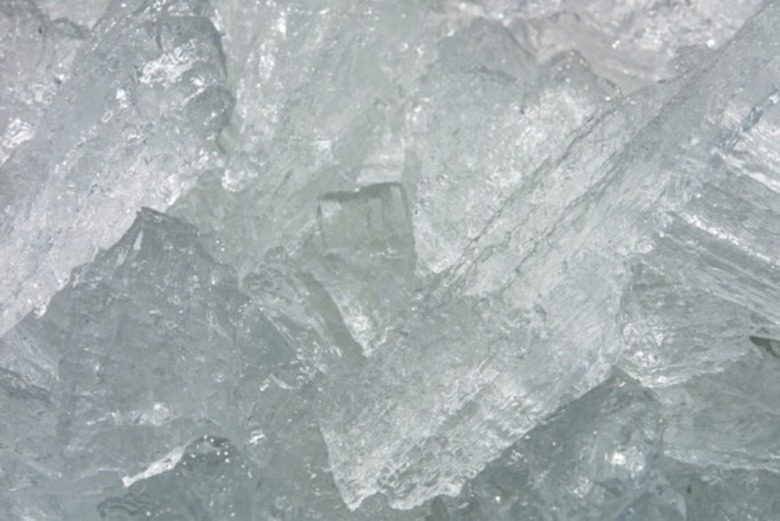How To Write A Testable Hypothesis
A testable hypothesis is one that can be used as the basis for an experiment. It predicts the correlation between two variables and can be tested by varying one of the variables. If the variables cannot be measured, the hypothesis cannot be proved or disproved. If one of the variables cannot be varied, it is impossible to conduct an experiment. If more than one variable is changed, the results are inconclusive. To write a testable hypothesis, it is important to consider how it will be tested and what makes for a valid experiment.
Step 1
Make an observation about the correlation between two things. This can be in the form of a question, such as, "Which freezes faster, hot water or cold water?" or in the form of a theory, such as, "Cold water probably freezes faster than hot water."
Step 2
Evaluate the observation and list the variables. For the observation about water, there are two: the temperature of the water and the time it takes the water to freeze.
Step 3
Evaluate the variables to determine whether they can be varied or measured. The water temperature and the time it takes to freeze are measurable, and one of the variables, the temperature of the water, can be varied. Also consider how to keep all other variables, such as the size of the ice cube trays and their placement in the freezer, constant so that only the temperature of the water changes.
Step 4
Consider how you would test the variables to explore your observation. For example, you could boil water, pour it into ice cube trays and put the trays in the freezer, then note the time it goes into the freezer and how long it takes to freeze. You could then take cold water and do the same thing. In each case, you would measure the temperature of the water before putting it into the freezer. The process could be repeated several times to create enough data to determine whether there is a correlation between water temperature and how long it takes to freeze. If you cannot determine a way to test or observe the variables, you have no basis for a good hypothesis.
Step 5
Write a statement that includes the variables and predicts an outcome that can be tested. For example, "The colder the water used in ice cube trays, the faster it will freeze." This is a testable hypothesis.
Cite This Article
MLA
Garcia, Yvonne. "How To Write A Testable Hypothesis" sciencing.com, https://www.sciencing.com/write-testable-hypothesis-8515549/. 24 April 2017.
APA
Garcia, Yvonne. (2017, April 24). How To Write A Testable Hypothesis. sciencing.com. Retrieved from https://www.sciencing.com/write-testable-hypothesis-8515549/
Chicago
Garcia, Yvonne. How To Write A Testable Hypothesis last modified March 24, 2022. https://www.sciencing.com/write-testable-hypothesis-8515549/
